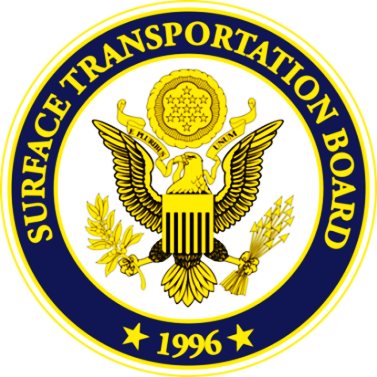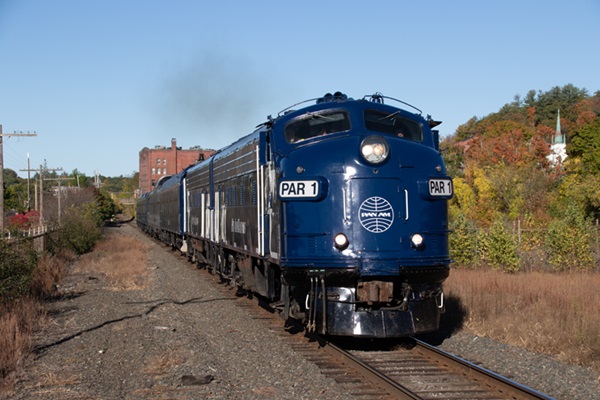Brattle Loop
Senior Member
- Joined
- Apr 28, 2020
- Messages
- 1,167
- Reaction score
- 2,084
It seems you are advocating nationalization of the railroad system
It sounds as if Wash is advocating for the State of Maine to take public ownership of the Pan Am system (or at least the portion in Maine) which is essentially state-level "nationalization". I'm unaware of whether there are any such examples of state-owned freight service, though it is common for passenger service, though in some of Vermont and in other places (parts of Massachusetts for example) the actual tracks and railway infrastructure are state-owned and operated by commercial railroads under various forms of contracts.
Obviously your mileage may vary about the desirability of government ownership of railroads. Wash is correct that public ownership would allow the Maine government to tailor rail service and related policy decisions to best serve the government's overall purpose and desire (say, for example, offering extra discounts to shippers who switch from trucks, to further a policy of reduction in trucks on the roads). I for one am not a fan of the idea. I think Maine absolutely should endeavor to buy any track and infrastructure it might want or need for passenger service or that might be useful for freight service in the future but that is presently at risk of abandonment, but I don't think that the benefits of direct ownership and control would outweigh the significant costs in acquisition costs and maintenance and upgrades (though I could be convinced otherwise if the number-crunching came out favorably).
indicating free enterprise isn't working
I don't think that's necessarily the correct inference to draw. It's perfectly plausible (and I think likely) that CSX/Pan Am's commercial interest in the railroad may well diverge from the State of Maine's (actual or hypothetical) interests which relate to the railroad. CSX/Pan Am's interest is to use the railroad to make money. It seems in Wash's vision that goal is secondary to other purposes, which are legitimate for the state (reducing the railroad's income to net a decrease in trucks and therefore a more-efficient, lower-carbon transportation network is not an illegitimate goal, it's just not one that the railroad will pursue as a commercial venture because it's out-of-scope with their business). Ultimately though it is basically an ideological debate over the limits and purposes of free enterprise, which is out-of-scope for this discussion.
Your use of the term "the state" is chilling.
As referenced earlier, I think "the state" here is a literal reference to the State of Maine, who has and may have in the future various legitimate objectives which impact a railroad. For example, it's absolutely a legitimate objective for the State of Maine to have passenger rail service (hence the existence of the Downeaster) which conflicts with the objective of the commercial railroad in using the infrastructure to move freight. (Which is why I'm quite sure NNEPRA pays Pan Am for use of their track, but it's also the case that PAR has been reluctant to make necessary improvements for more Downeasters, and the state's objective would be better-served by them owning the relevant infrastructure. See also examples like the MBTA buying out CSX's ownership on the Worcester Line so that their passenger service would no longer take a back seat to CSX's freight operations. That was state-level "nationalization" by contract in essentially the same way as Wash appears to be proposing.) "The state" is not used here in some ideological, Big Brother, "the government can do no wrong" way (which would be chilling), so much as as a literal reference to the State of Maine, which shouldn't be chilling (unless you think the government shouldn't ever buy any railroad infrastructure whatsoever, but if that's the case, and it's a valid opinion to hold, the discussion can go no further.)



